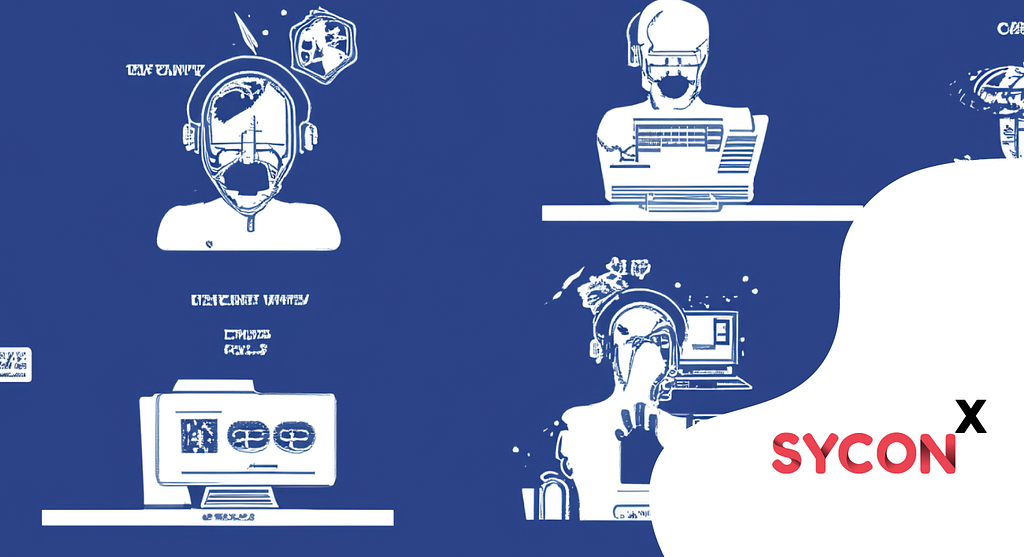Ethical Considerations for Software Developers
July 12, 2023

Software developers play a crucial role in shaping the digital world. The software they create powers everything from mobile devices and personal computers to servers and cloud platforms. However, with this power comes a significant ethical responsibility. The decisions software developers make can have far-reaching impacts on users and society as a whole. In this article, we’ll explore some of the key ethical considerations for software developers.
Privacy and Data Protection
One of the most significant ethical considerations for software developers is the issue of privacy and data protection. Software often involves the collection, storage, and processing of user data. This data can be highly sensitive, including personal information, financial details, and health records.
Software developers have an ethical responsibility to protect this data. This includes implementing robust security measures to prevent unauthorized access and data breaches. It also involves being transparent with users about how their data is being used and giving them control over their data.
Accessibility
Another important ethical consideration for software developers is accessibility. Software should be designed to be usable by all people, regardless of their abilities or disabilities. This includes people with visual impairments, hearing impairments, motor impairments, and cognitive impairments.
Creating accessible software involves following accessibility standards and guidelines, such as the Web Content Accessibility Guidelines (WCAG). It also involves considering accessibility from the start of the design process, rather than as an afterthought.
Bias and Fairness
Software can also perpetuate bias and unfairness. This is particularly a concern with software that involves artificial intelligence (AI) and machine learning. These systems are often trained on data that reflects existing biases in society, and they can perpetuate these biases in their outputs.
Software developers have an ethical responsibility to consider bias and fairness in their software. This involves being aware of the potential for bias in data and algorithms, and taking steps to mitigate this bias. It also involves being transparent about the limitations of AI and machine learning systems.
Sustainability
The issue of sustainability is another important ethical consideration for software developers. The creation and use of software consumes significant amounts of energy, contributing to carbon emissions and climate change. Furthermore, the rapid pace of technological change often leads to software and hardware becoming obsolete quickly, contributing to electronic waste.
Software developers have an ethical responsibility to consider the environmental impact of their work. This can involve creating software that is energy-efficient, supporting the longevity of software and hardware, and considering the full lifecycle of software products.
Ethics in software development is a complex and multifaceted issue. It involves considering the impacts of software on privacy and data protection, accessibility, bias and fairness, and sustainability. As the role of software in society continues to grow, the ethical responsibilities of software developers are likely to become increasingly important. By considering these ethical issues, software developers can help to create a digital world that is more secure, inclusive, fair, and sustainable.
Ethical Considerations for Software Developers was originally published in SyconX on Medium, where people are continuing the conversation by highlighting and responding to this story.


